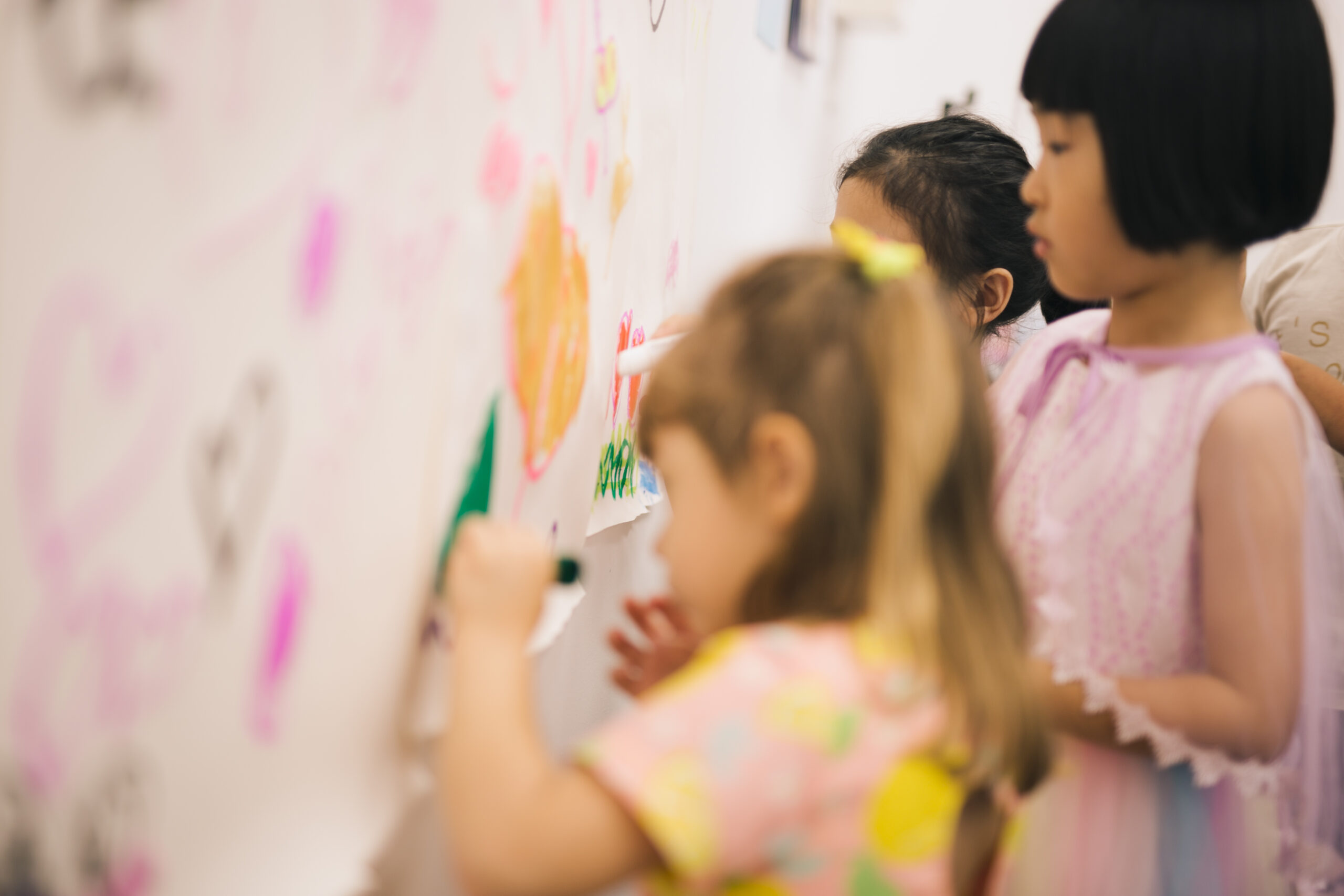Group therapy offers a powerful context for children to build communication skills. Let’s explore four benefits of group therapy that highlight why it should be a part of every child’s speech therapy journey. 1. Building Social Communication Skills: Group therapy creates a dynamic social environment where children engage with a small group of similar-aged peers. Through shared activities and conversations, they develop essential skills like sharing their ideas, taking turns, self-advocating and perspective taking. 2. Enhancing Communication Skills in a Real-World Setting: Though group therapy, children are provided with the opportunity to consolidate their communication goals in a setting more akin to a classroom. After all, in the real-world, children mostly need to use their communication skills in groups (not working individually with an adult!) 3. Knowing They’re Not Alone: Children with communication challenges can find solace in realising that other kids also find communication hard. Group therapy creates a safe space where kids can give things a go. Normalising communication challenges can diminish feelings of isolation and foster a sense of belonging, promoting emotional well-being. 4. Teamwork and Collaboration: Life is a series of collaborations, and group therapy lays the groundwork for effective teamwork. Engaging in shared activities encourages children to collaborate, solve problems together, and appreciate the strengths of their peers. These experiences nurture essential life skills, preparing them for a future where collaboration is key. Now you know four key benefits of group therapy and why groups are so important in creating a supportive and enriching environment for children to practise their communication skills. So what are you waiting for? Start looking into group therapy options for your child or workplace today! Written by Dr Rosemary Hodges, Clinical Director at Word Stars Speech Pathology
